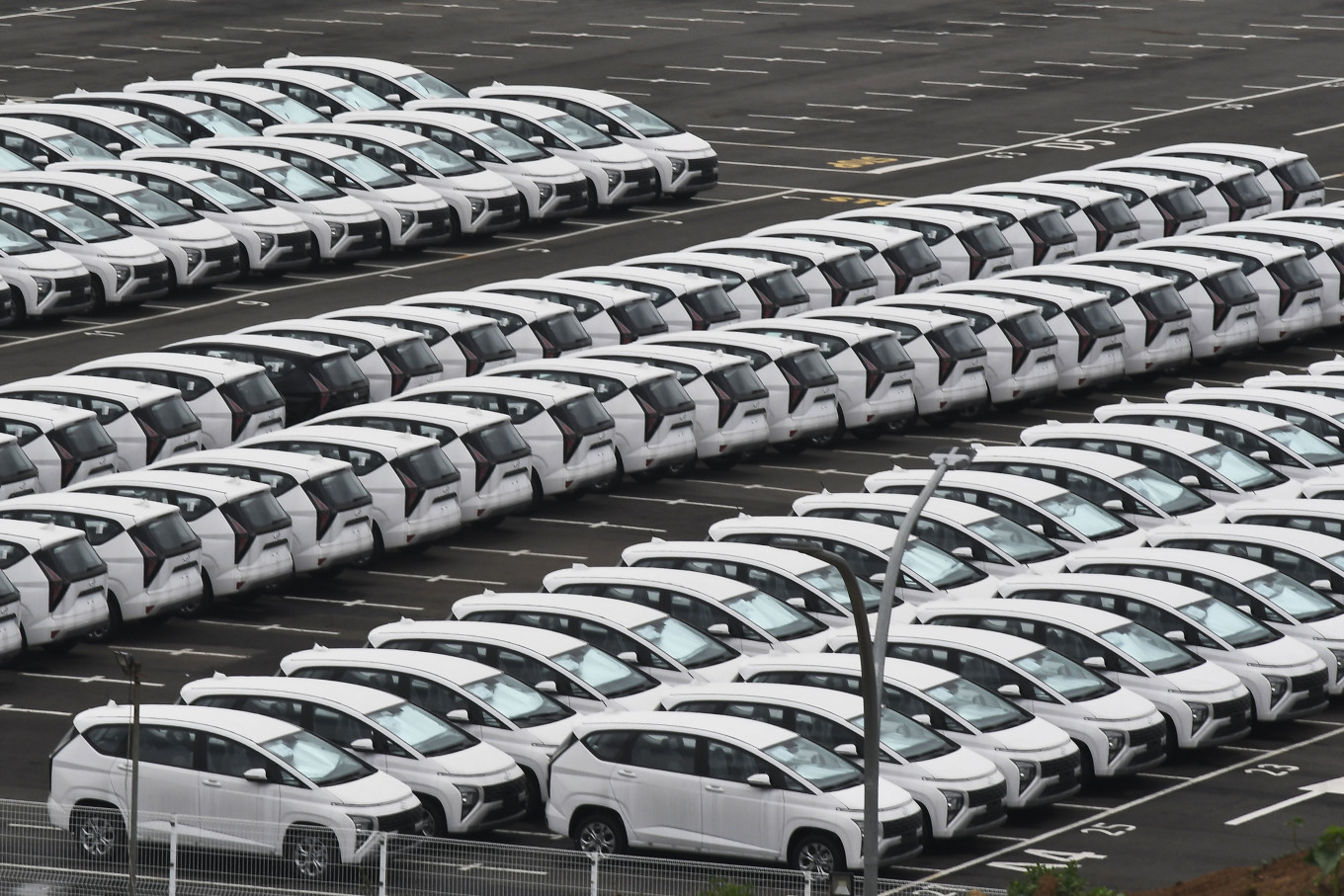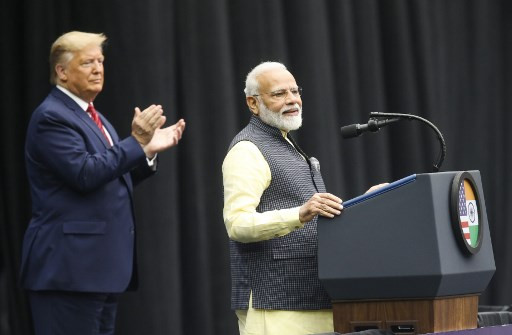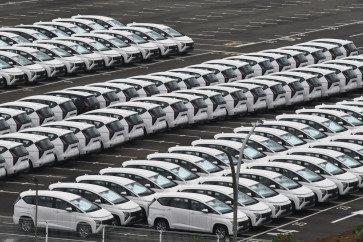Popular Reads
Top Results
Can't find what you're looking for?
View all search resultsPopular Reads
Top Results
Can't find what you're looking for?
View all search resultsModerate gains, rising challenges: Navigating the multi-finance industry in 2025
The multi-finance industry is entering a phase of more limited growth this year, with Bank Mandiri projecting receivables expansion will remain relatively flat at around Rp 500 trillion in the remaining months of the year.
Change text size
Gift Premium Articles
to Anyone
T
he multi-finance industry this year faces a rather complex dynamic amid global uncertainty and persistently weak household purchasing power.
Several macro indicators suggest that demand recovery has not yet fully materialized. The Consumer Confidence Index (CCI) in June was recorded at 117.8, slightly higher than 117.5 in May, but still lower compared with the same period last year when it reached 123.3.
A CCI level below 120 indicates that consumer optimism remains limited, directly impacting demand for new financing, particularly in the automotive sector, which is highly sensitive to purchasing power conditions.
The weakening of consumer confidence is also reflected in durable goods purchasing trends. Based on Bank Indonesia’s (BI) data, throughout 2024, the durable goods index was relatively strong, with an upward tendency toward year-end, particularly in the spending group above Rp 5 million (US$307), which reached a peak of 119.8 in November–December 2024, as well as the Rp 4.1–5 million group, which remained stable at around 111–116.
However, entering 2025 the trend reversed. Almost all spending groups experienced corrections, including the lower spending group, the Rp 1–2 million segment, which dropped from 108.8 in December 2024 to 95.9 in June 2025. The Rp 2.1–3 million and Rp 3.1–4 million groups also weakened, with indices only ranging from 96–106 in mid-2025, lower than in the previous period. Even the spending group above Rp 5 million, which is usually more resilient to volatility, only stood at around 106 in June 2025, far below the late-2024 level.
This shows that household purchasing power, especially among the middle class, has been pressured by falling commodity prices and global economic uncertainty, prompting consumers to be more cautious with big-ticket purchases and to prioritize routine needs.
This weakening trend in durable goods demand is consistent with developments in automotive sales. As of July, car sales from the beginning of the year contracted by 10.1 percent year-on-year (yoy), reaching only 435,400 units. Based on this trajectory, we estimate that total car sales will only reach 750,000 to 800,000 units this year, falling short of the 900,000 units target.


















